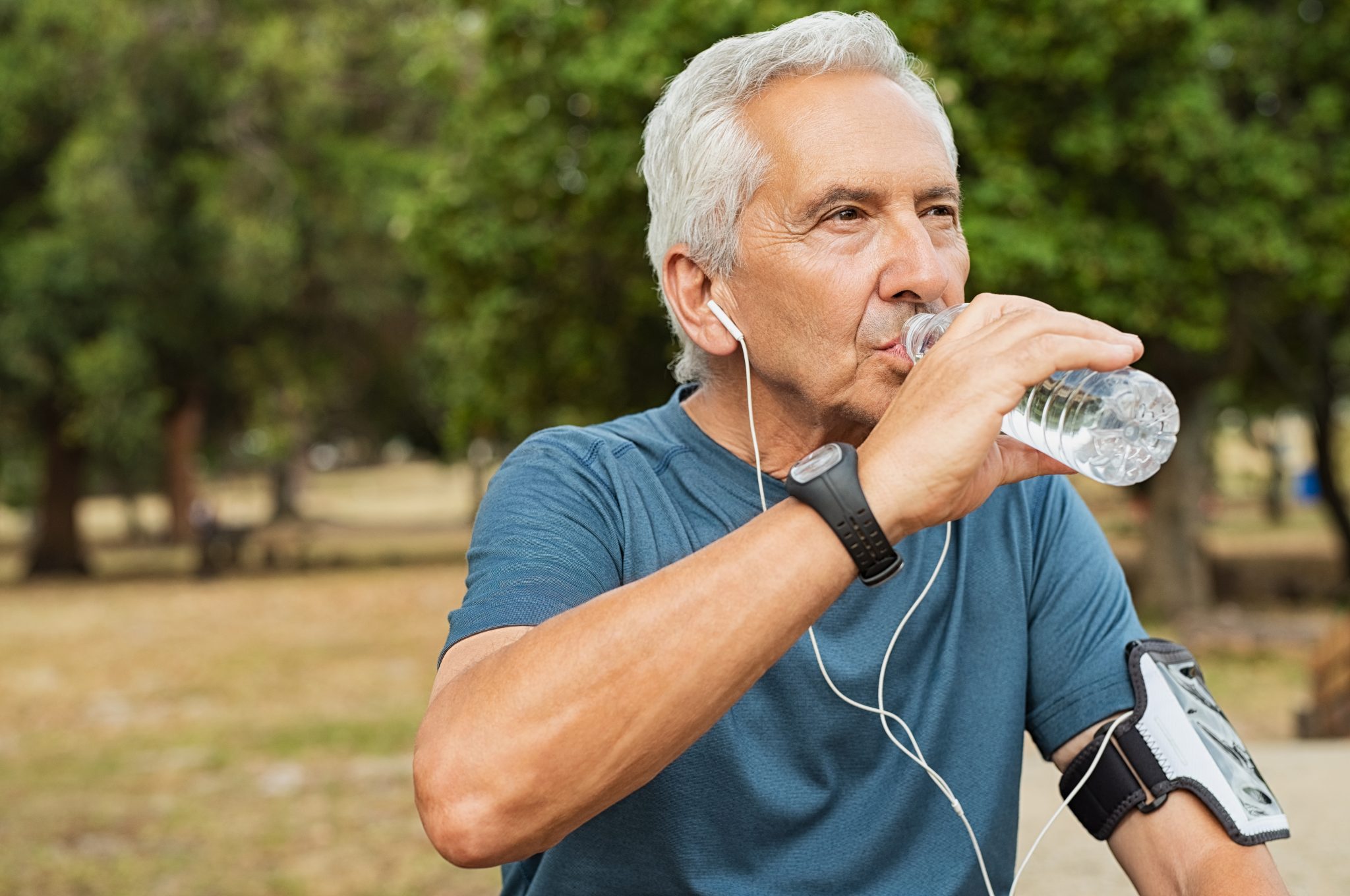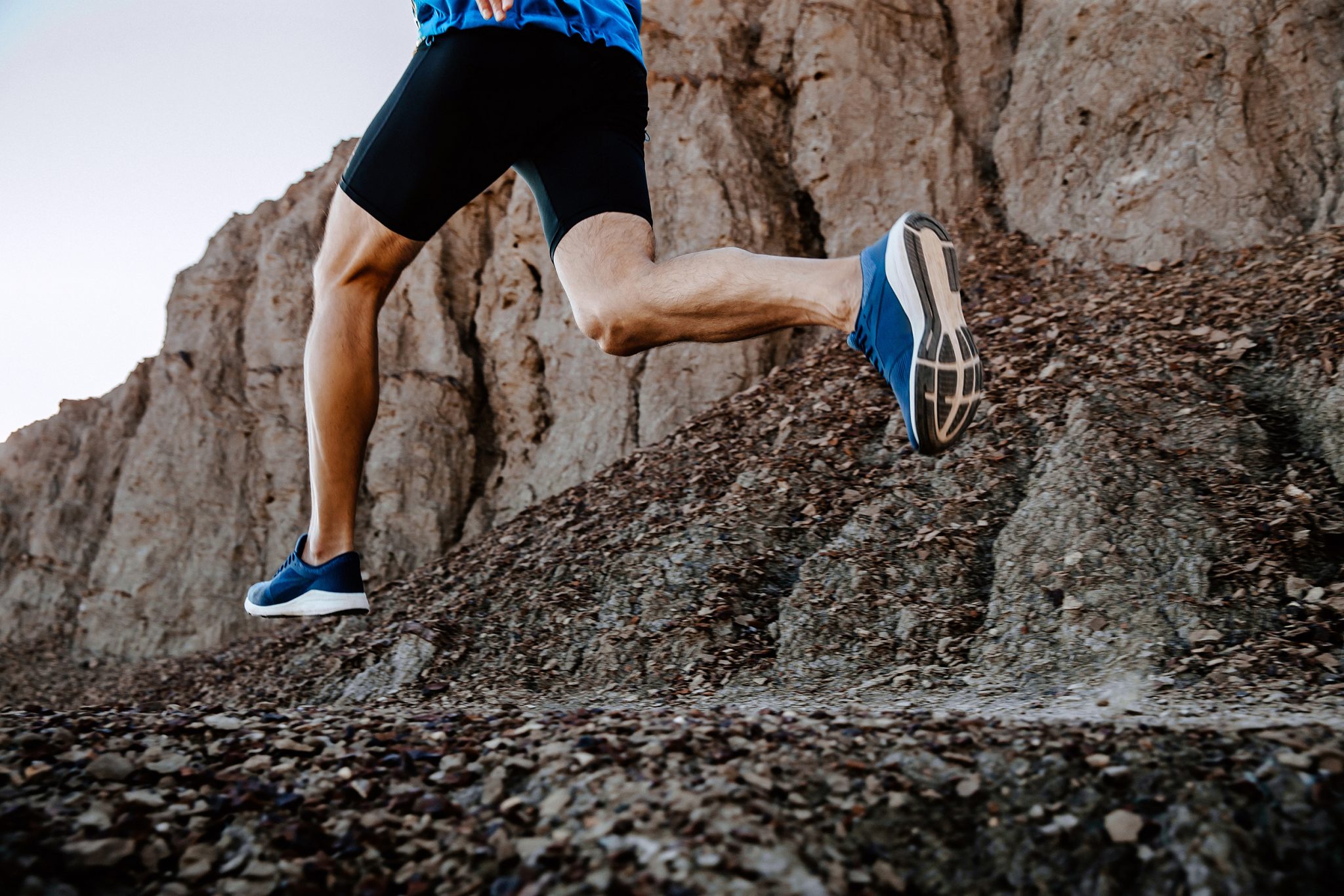Heart attack risks during the hot days of summer
The long, lengthy, and sunny days encourage human beings to exercise outdoors. Being physically energetic is good for your heart. It is, however, still essential to be cautious when the temperature and humidity rise up.
Summer is definitely a time for outdoor fun, but it’s also a time of scorching heat. Experts and doctors say, everyone, especially the elderly and the children, should know how to restrict the unusual deadly effects of high temperatures.
Summer heat and rise in humidity levels combined with air pollution can cause major heart and lung problems. Hyperthermia and dehydration are among those life-threatening problems.
How does it work?
When you’re in a warm environment, blood vessels near the surface of your skin relax to radiate away extra heat. But, because the surrounding temperature affects body temperature, this method now doesn’t work.
Sweating, in addition, helps cool down your body. Heat out of your body turns liquid sweat into water vapors (via evaporation). This works perfectly fine on dry days. But when humidity levels climb up above 75% or more, the water vapors present in the air make evaporation harder.
Both of these body-cooling approaches can affect your heart, mainly when you exercise. Specifically, sweating removes minerals out of your bloodstream that are needed to preserve a wholesome fluid balance, leading to low blood pressure.
This is why people who have (or are at the danger for) heart diseases have to be careful whilst playing tennis, biking, or doing different outdoor exercise in warm and humid weather.
Hot weather drawbacks:
More than 600 people pass away every year in the U.S because of heart-related illness that are actually preventable. To stay safe on hot days and away from heart attack risks, stay inside, especially during the hottest hours of the day. This is generally from midday till 3 p.m.
Wear light-weight clothing and preferably a hat when you’re out. Most importantly, drink lots of water to stay hydrated, in case you sweat a lot (a trait that varies from person to person).
Mainly those beverages that contain electrolytes — minerals along with potassium, sodium, and magnesium that can compensate for what you have lost from sweating. Now, in case you’re taking medications for high blood pressure, especially diuretics. Then you must ask your physician if you need to regulate your dose on days you are supposed to be outdoors under direct sun.
Chest ache, headache, fainting, lethargy, heat stroke are few signs and symptoms that ring caution bells. Our bodies typically preserve a certain temperature of about 98.6 Fahrenheit. Therefore, the body quickly tries to cool itself down by means of sweating and dilating blood vessels. This happens even if its temperature rises slightly.
Cooling mechanism:
Evaporation of the sweat cools down the body, and as a result of the vasodilation, the heart beats quicker, and blood pressure decreases. Human beings with weaker heartrates won’t be capable of pumping blood effectively sufficient to cool the body. Hence the blood pressure remains low.
Some drugs taken by patients with heart problems, namely beta-blockers, can prevent the heart from beating rapidly. But on the contrary, the heart needs to stay put during the hot weather. Cardiologists and pulmonologists urge citizens with cardiovascular or lung-associated diseases to take extra precautions to live healthily and avoid heart attack risks.
Fog hazards:
Summer season’s heat also fastens up the chemical reactions that create air pollution. Smog and fog result from a combination of dust, water vapor, and tiny airborne droplets from vehicle emissions and wildfires.
Air pollution can trigger heart attack risks, strokes, coronary artery diseases, and arrhythmias ( irregular heart rhythms). It can particularly happen in humans prone to heart diseases due to environmental and familial factors.
There are people who want to exercise outdoors all through the days of warm, humid, and foggy climate. For them, the specialists suggest exercising either early during the morning or at night time, when it is cooler.
Tips for staying safe during this weather:
Everybody is, at some point, in high heat levels. However, the dangers are even higher for those with heart attack risks or high blood pressure. Some simple points below might help you in preventing both summer exhaustion and life-threatening heat strokes.
Remember, as there are chances of you developing a variety of different heart-related diseases, the summer waves also bring a variety of different problems. Long periods of hot weather can make you sick slowly and gradually and might as well make you faint.
If you have faced such a situation for the first time, you’re going to panic. It will also make it tougher for you to be able to comprehend the seriousness of your symptoms. Take a look into the ways you can spend each day in utmost safety and comfort.
1. Avoid extra physical activity in high temperatures.
No activity or work is worth risking your life. Set your plans according to the hours during when the sun settles down, and the weather outside is cool. Move your exercise or working out plans to indoor gyms or pools.
2. Stay hydrated by drinking water and sports energy drinks.
Water is extremely important for all the organs inside your body. Electrolytes not only manage your body temperature, but they also govern your body’s natural homeostatic system.
3. Avoid caffeine and alcohol.
Beverages or drinkables that contain a high amount of caffeine or alcohol levels may contribute to dehydration and cause heart attacks risks.
4. Stay in a cold environment.
Turn on your air conditioners and if you don’t have them, then stay under the fans and apply cold water to your skin periodically. Apply creams that are for keeping you safe from sunburns (sunblocks).
5. Wear light clothing.
Clothing that is light colored reflects back sun rays as compared to dark clothing which absorbs the heat. Light colored clothing helps air pass through them so that it keeps you cool.
Verdict:
To sum it up, how the long, hot days of summer affect you is in your hands. Following the precautions and advice of the experts will not only help you reduce your heart attack risks but also help you refuel your body and make it through the summers healthily.
Global warming is rising up every year, and so is the rising temperatures of summer. It’s better to educate our future generations to stay safe from the extreme weathers coming in their way. In the same way, it is better for us to follow such regimes side by side, as well.





